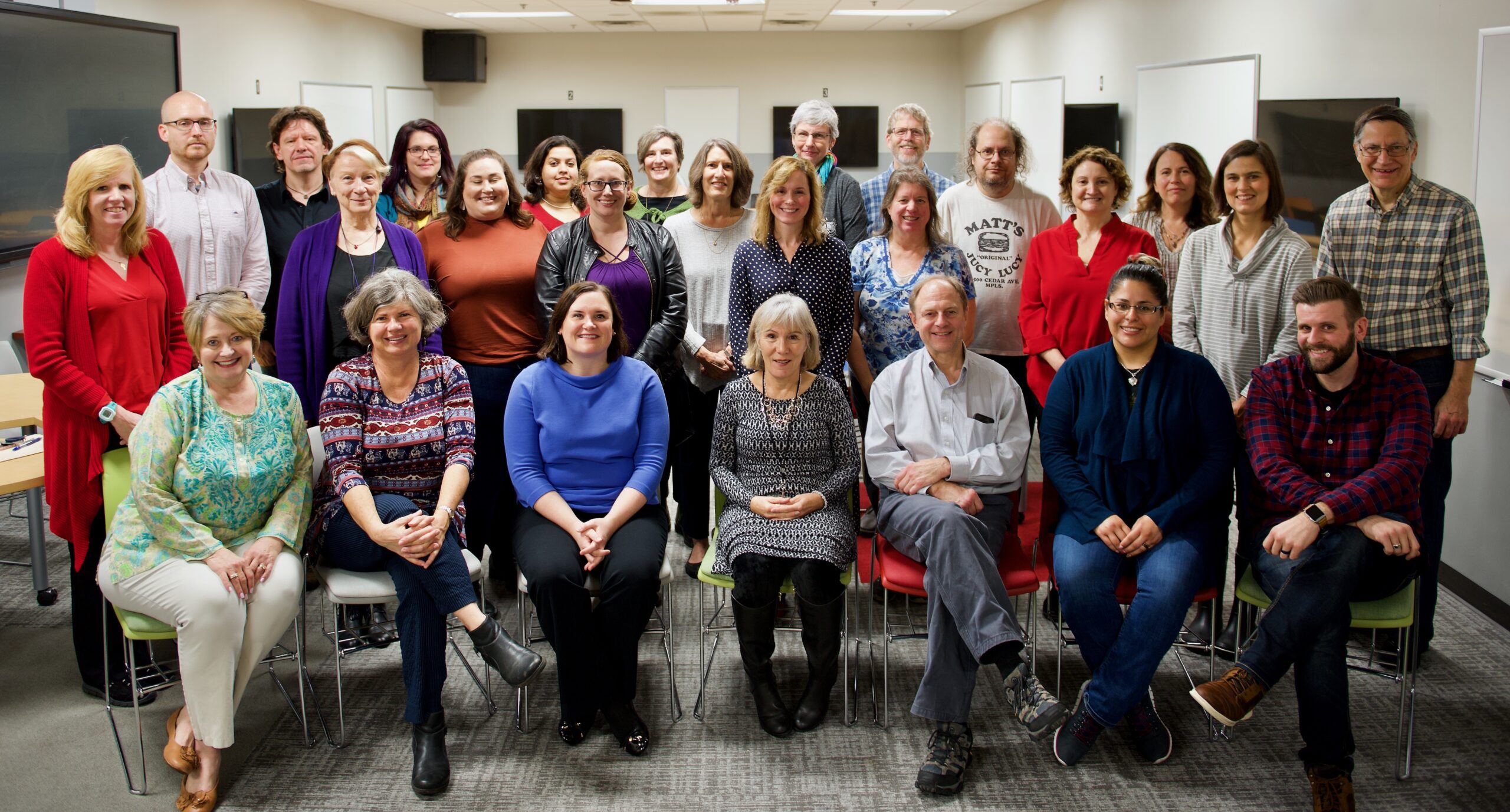UNC Charlotte has created a new Writing, Rhetoric, and Digital Studies Department, the first academic department of its kind in the Carolinas.
As part of the new department, a proposed Bachelor of Arts degree is designed to address the changing nature of writing. The department will offer interactive courses from the College of Liberal Arts & Sciences and seek partnerships with the College of Computing and Informatics to widen students’ understanding of human computing, communication, and analytics. Students will develop advanced writing, information literacy and problem-solving skills as they develop and interact with emerging digital media.
“The proposed new degree is in response to student and faculty feedback as well as workforce data that shows the growing need across disciplines for advanced critical thinking and writing skills,” said Joan Lorden, Provost and Vice Chancellor of Academic Affairs at UNC Charlotte. “The degree will further prepare students for the workplace by solving real communication problems in our community and by emphasizing global contexts, culture and accessibility.”
Establishing the department provides faculty who are fully committed to one unit and who have a singular focus on the research and teaching of writing studies, said Joan Mullin, who was chair of the new department when its formation was approved. Mark Hall joined the department as chair on July 1, 2020.
In addition to the proposed major, the department houses the Writing Resources Center and the First-Year Writing Program and now offers a minor in Writing, Rhetoric, and Digital Studies.
The department brings together curriculum and resources that prepare students to be analytical readers of digital and print texts, critical thinkers about information sources, and engaged citizens capable of communicating effectively to diverse audiences in a variety of contexts.
Through diverse courses, students will learn to navigate known, new, and emerging writing situations and media, Mullin said. Students study topics including online writing, universal design and digital composing, contemporary rhetorical theory, multimodal design, human and computer interaction, information security and privacy, among others.

“Writing is difficult,” Mullin said. “Unlike what people may think, you don’t learn writing in elementary, middle or high school, and then stop learning. Audiences, contexts, purposes, and tools continually shift, and we all have to learn to shift with these. People sometimes think writing is a matter of learning grammar only, or learning a template, such as the five-paragraph theme, or just following directions. In reality, the field of writing uses research in cognition, gender, space, design, or mobility, for example, to investigate how these might help us understand the barriers to writing and reading effectively.”
The UNC Board of Governors has approved the new Bachelor of Arts degree in Writing, Rhetoric, and Digital Studies, and the degree proposal is under review by the Southern Association for Colleges and Schools for accreditation.
Words: Aimee Hawkins | Image: Lynn Roberson








